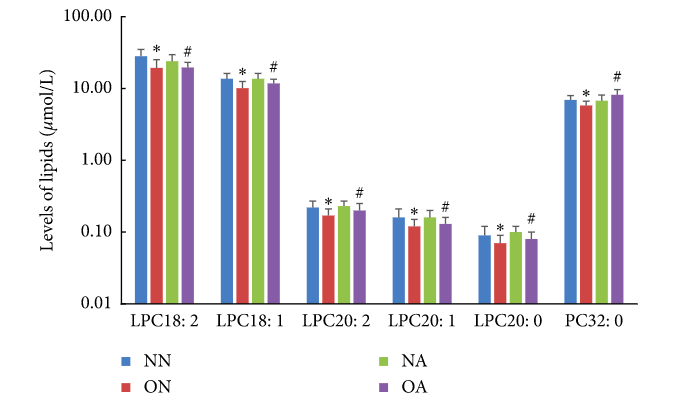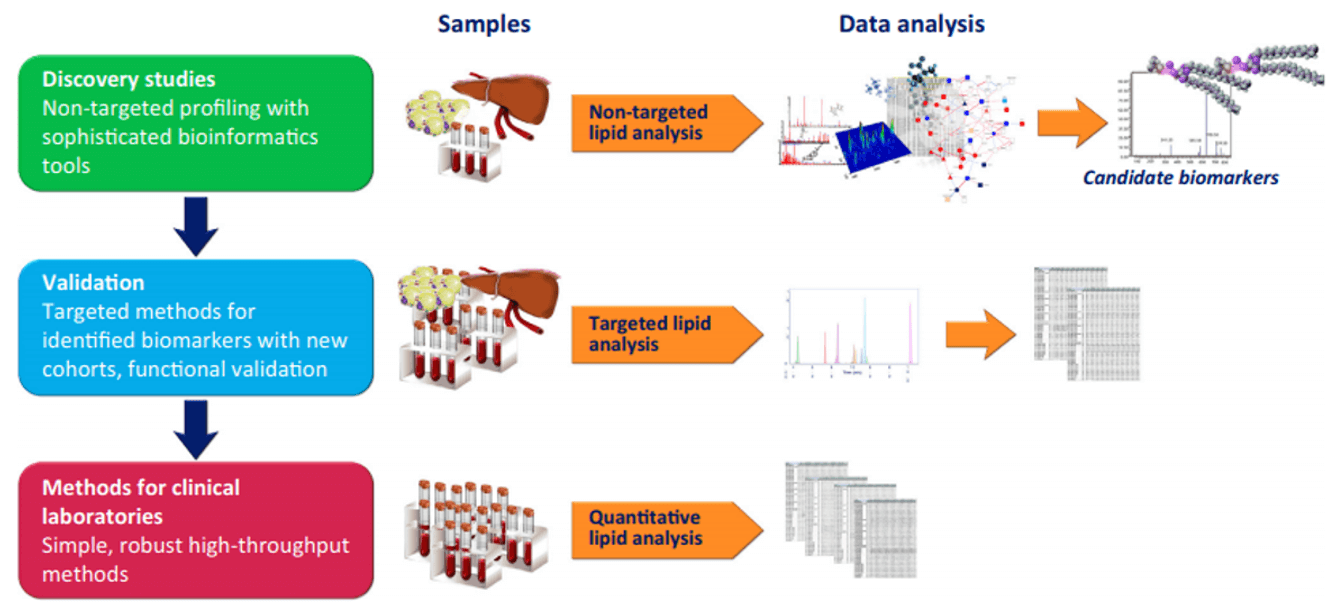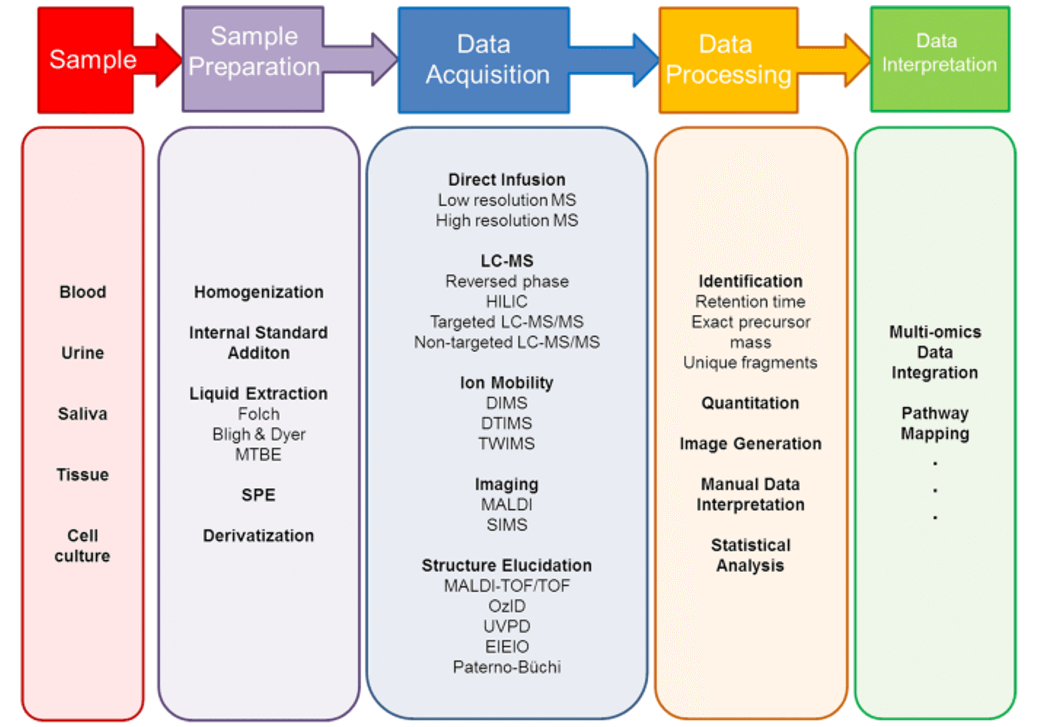Lysophosphatidylcholine Analysis Service
Lysophosphatidylcholine (LPC) is an intermediate product of lecithin metabolism in the body. LPC has strong surface activity and therefore can rupture red blood cells and other cell membranes, causing hemolysis or cell necrosis. Lysophosphatidylcholine acyltransferase catalyzes the acylation of LPC to form phosphatidylcholine (PC).
LPC plays a biological role by binding to G protein-coupled receptors and Toll-like receptors. LPC can induce the migration of lymphocytes and macrophages, increase the production of pro-inflammatory cytokines, induce oxidative stress and promote cell apoptosis, thereby intensifying inflammation and promoting the development of diseases. The effect of LPC on endothelial cells, vascular smooth muscle cells and arteries plays a vital role in the progression of atherosclerosis and other cardiovascular diseases. The regulation of inflammation by LPC plays different roles in inflammation and infectious diseases. Targeting LPC and lipid metabolism may be a potential treatment for inflammation-related diseases.
In addition, LPC content is an important quality control index for drugs, especially for injectables, and is directly related to the clinical safety of drugs. Therefore, its content needs to be strictly controlled.
 Fig 1. Difference in plasma lipid profiles between the obese and normal-weight groups (Yang Wang et al.,2019)
Fig 1. Difference in plasma lipid profiles between the obese and normal-weight groups (Yang Wang et al.,2019)
Creative Proteomics uses the LC-MS/MS analysis platform to establish a stable, sensitive and reliable detection platform for quantitative detection of target LPC, which can help promote the progress of related projects.
Our Lysophosphatidylcholine Analysis Service
Absolute quantification: Use external standard method to quantify, and use internal standard for correction, qualitative and quantitative is more accurate.
High sensitivity: We use liquid chromatography coupled with triple quadrupole mass spectrometers for lysophosphatidylcholine analysis service (Triple Quad™ 6500 LC-MS/MS System).
 Fig 2. The workflow of lysophosphatidylcholine analysis service
Fig 2. The workflow of lysophosphatidylcholine analysis service
Sample Requirements
We routinely cover a rich variety of sample types, including cells, cell medium, tissue, blood, plasma for our customer. If you provide other samples, please contact our technicians for specific quantities and treatment methods.
| Cell | 1*107 |
| Cell Medium | 2ml |
| Serum | 0.5-1 ml |
| Plasma | 0.5-1 ml |
| Tissue | 5-10 mg |
| Other | Inquire |
Why Choose Us?
- Fast turnaround time: 1-4 weeks.
- High throughput: Only one injection can run both quantitative MRM and qualitative QTRAP scans to maximize throughput.
- Creative Proteomics offers a comprehensive profiling of LPC that satisfy a variety of purposes. LC/MS platform enables more sensitive and selective assay of LPC measurement.
- One-stop analysis service: Provide comprehensive services from sample preparation, standard addition, mass spectrometry analysis, data processing, and data comparison.
- Detailed report: Experimental process, MS/MS instrument parameters, quality control parameters, raw data and the final result of the comparison.
- We will use our expertise to help you interpret the results and provide you with actionable recommendations on how to utilize these results in your research or business.
If you have any questions about our lysophosphatidylcholine detection service, please contact us.
Reference:
- Yang Wang.; et al. Lipidomic Profile Revealed the Association of Plasma Lysophosphatidylcholines with Adolescent Obesity. BioMed Research International. 2019, 1382418, 9.
* Our services can only be used for research purposes and Not for clinical use.
Services:
Resource:
Platform:


 Fig 1. Difference in plasma lipid profiles between the obese and normal-weight groups (Yang Wang et al.,2019)
Fig 1. Difference in plasma lipid profiles between the obese and normal-weight groups (Yang Wang et al.,2019) Fig 2. The workflow of lysophosphatidylcholine analysis service
Fig 2. The workflow of lysophosphatidylcholine analysis service
